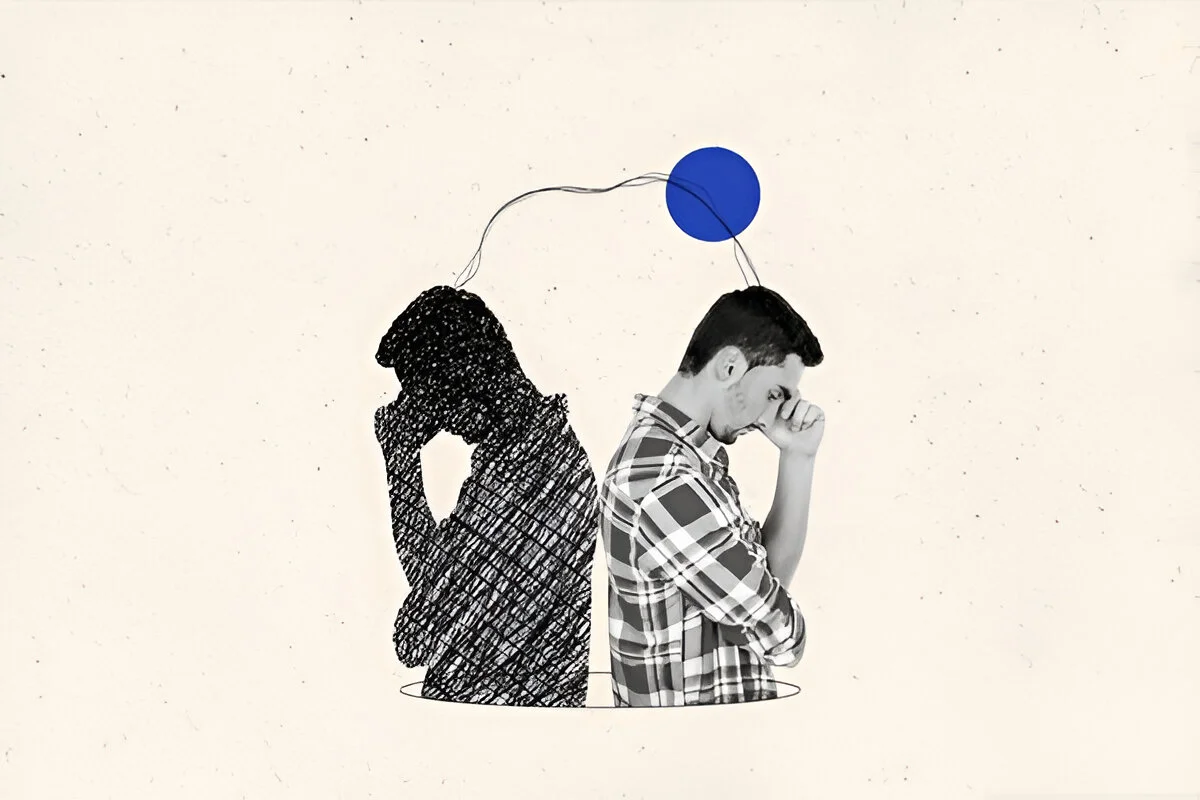-
129, Block-A Bangur Avenue, Mousumi Appartment, Kolkata 700055
129, Block-A Bangur Avenue, Mousumi Appartment, Kolkata 700055

Bipolar Syndrome Triggers can deeply influence emotional stability. Understand key causes, coping strategies, and guidance from a reputed counselor.
Understanding bipolar syndrome is crucial for both those experiencing it and their support networks. While the disorder is characterized by extreme mood swings, from manic highs to depressive lows, one of the most essential aspects of managing bipolar syndrome lies in recognizing and managing its triggers.
Recognizing these triggers isn’t just about prevention; it’s about empowerment. Knowing what can potentially spark an episode allows individuals to build more resilient emotional frameworks and adopt coping strategies early on. This piece explores the nuances of bipolar syndrome triggers, offering insights, strategies, and professional perspectives grounded in empathy, evidence, and expertise.

Bipolar Syndrome Triggers refer to external or internal factors that can contribute to the onset of a manic or depressive episode. While they differ from person to person, some common patterns and causes have been identified through psychological research and clinical experience.
Understanding these triggers forms the first step toward proactive mental health management. Importantly, what might be a trigger for one individual may not affect another the same way, which makes personalization key.
Tracking mood and behavior over time is one of the most reliable methods of recognizing triggers. This can be done through:
A well-trained counselor can guide this process by helping individuals reflect and develop insights without self-judgment.
Beyond biological or physical causes, emotional and social contexts play a crucial role in triggering episodes:
This emotional sensitivity isn’t weakness; it’s a part of the condition’s wiring. However, with awareness and support, these social triggers can be managed with maturity and confidence.
While triggers may not always be avoidable, the responses to them can be planned. Here are effective strategies for managing Bipolar Syndrome Triggers:
Professionals from leading clinics offer structured counseling and therapy tailored to personal experiences. This support is particularly valuable when someone is unsure how to start implementing these strategies.
No one should navigate mental health challenges alone. Trusted relationships with friends, family, and professionals provide a buffer against the impact of triggers. Support groups, in-person or virtual, can also serve as spaces for shared experiences and encouragement.
A qualified counselor doesn’t just diagnose; they co-create coping strategies with empathy. The best psychological counselors approach their practice with a balance of scientific knowledge and human connection.
Early recognition of Bipolar Syndrome Triggers can often prevent full-blown episodes. People often sense changes before an episode fully manifests:
Keeping track of these signs and discussing them openly with a mental health professional leads to earlier intervention and better outcomes.

Q1: Are Bipolar Syndrome Triggers the same for everyone?
No, triggers vary between individuals. Personal experiences, trauma history, and genetic factors all influence how someone may respond.
Q2: Can you prevent episodes completely by avoiding triggers?
While avoiding or managing triggers helps significantly, bipolar disorder is a complex condition. Triggers are one part of the management puzzle, not a guaranteed prevention method.
Q3: Should I self-diagnose my triggers?
It’s recommended to work with a licensed counselor or psychologist to identify triggers more accurately. Self-awareness is valuable, but professional input ensures accuracy and safety.
Q4: Is medication necessary even if I manage my triggers well?
In many cases, yes. Triggers management complements medication but doesn’t usually replace it unless advised by a psychiatrist.
Q5: Can lifestyle changes reduce my sensitivity to triggers?
Absolutely. Regular routines, balanced diets, healthy sleep, and social support all strengthen your emotional resilience.
Living with bipolar disorder doesn’t mean surrendering to unpredictability. By recognizing and understanding Bipolar Syndrome Triggers, individuals take back a sense of control. These triggers don’t define a person’s mental health journey; instead, they provide insights that guide personal growth and healthier choices.
Building awareness, practicing self-compassion, and seeking expert help from a trusted psychological counselor are key steps toward managing this condition with grace and confidence.
In the end, knowledge is not just power—it’s peace. And that peace becomes the strongest foundation for healing, self-love, and resilience.